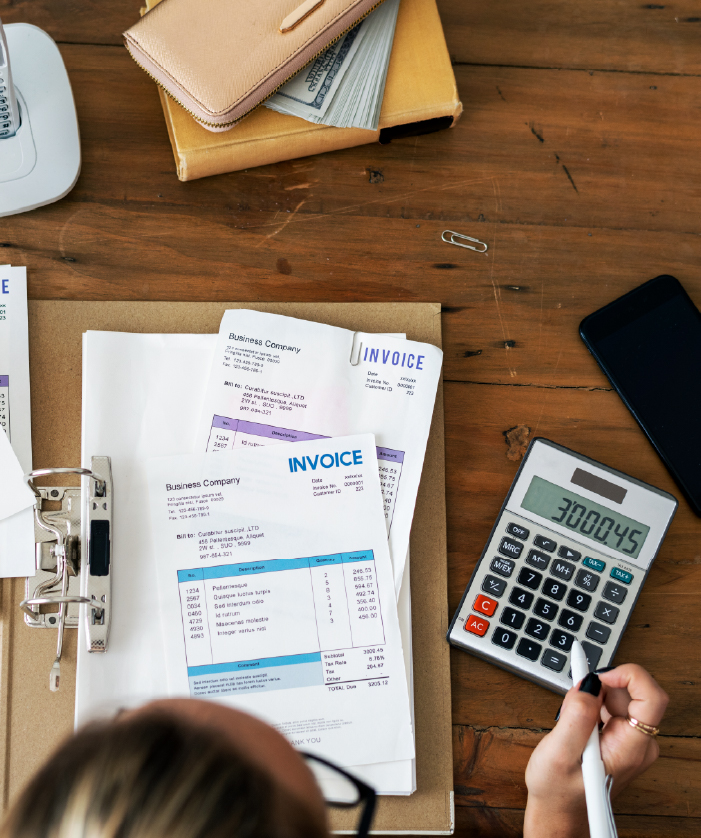![]()
![]()
![]()
![]()
![]()
![]()
Employment Allowance is a tax relief which allows eligible businesses to reduce their National Insurance contributions (NICs) bills each year. Your clients can claim this if they’re a business, and their employer Class 1 National Insurance liabilities were less than £100,000 in the previous tax year. Last month we increased the Employment Allowance from £4,000 to £5,000 to further benefit SMEs. That’s a new tax cut worth up to £1,000 for nearly half a million SMEs (30% of all businesses). This includes around 50,000 businesses which will be taken out of paying NICs and the Health and Social Care Levy entirely.
Find out more on GOV.UK.
![]()
![]()
![]()
![]()
![]()
![]()
Help to Grow: Digital is a UK-wide government-backed scheme that aims to help businesses choose, buy and adopt digital technologies that will help them grow their business. Eligible businesses can receive a 50% discount on buying new software worth up to £5,000 per SME, alongside free impartial advice and guidance about what digital technology is best suited to boost their business performance. The Help to Grow: Management scheme provides small businesses with access to world-class business expertise on everything from leadership and financial management to marketing and digital adoption. This is delivered through leading UK business schools, alongside one-on-one support from a business mentor – and is 90% funded by the government. By the end of the programme they will develop a business growth plan to help them lead and grow their business. Businesses which have previously taken part in the course – including James Lister & Sons, Wilkinson Construction Consultants Ltd and Seacat Services Ltd – strongly recommend the programme to anyone who is trying to grow their business.
To be eligible, your client must be a UK-based SME, actively trading for at least one year and have a total of between 5 and 249 employees.
For more information and to apply, visit Help to Grow on GOV.UK.
![]()
![]()
![]()
![]()
![]()
![]()
This is worth £1.7 billion for up to 400,000 eligible properties. The business rates multiplier has also been frozen for another year, saving businesses £4.6 billion over the next 5 years. This is used to calculate how much business rates they should pay, and it usually rises with inflation each year. The business rates multipliers for 2022 to 2023 are 49.9 pence for the small business multiplier and 51.2 pence for the standard multiplier. From April 2022 there will be no business rates due on a range of green technology, including solar panels and batteries, whilst eligible heat networks will also receive 100% relief. Together these will save businesses around £200 million over the next five years.
![]()
![]()
![]()
![]()
![]()
![]()
To spur business investment, the super-deduction allows companies to cut their tax bill by 25 pence for every £1 they invest in any qualifying machinery and equipment. This can include the purchase of computers, most commercial vehicles and office furniture. The temporary £1 million limit for the Annual Investment Allowance has also been extended to the end of March 2023. This had been due to revert to £200,000 at the start of 2022. The Annual Investment Allowance allows businesses to spend up to £1 million on qualifying business equipment, and deduct in-year its full cost before they calculate their taxable profits. Both of these tax breaks remain available for firms to take advantage of until the end of March 2023, by incurring qualifying expenditure before then.
![]()
![]()
![]()
![]()
![]()
![]()
The government has cut fuel duty on petrol and diesel by 5 pence per litre for 12 months – effective from 23 March 2022. This cut, plus the freeze in fuel duty in 2022 to 2023, represents a £5 billion saving worth around:
• £200 for the average van driver
• £1,500 for the average haulier
To find out what other support may be available for your business, search ‘business support’ on GOV.UK.







